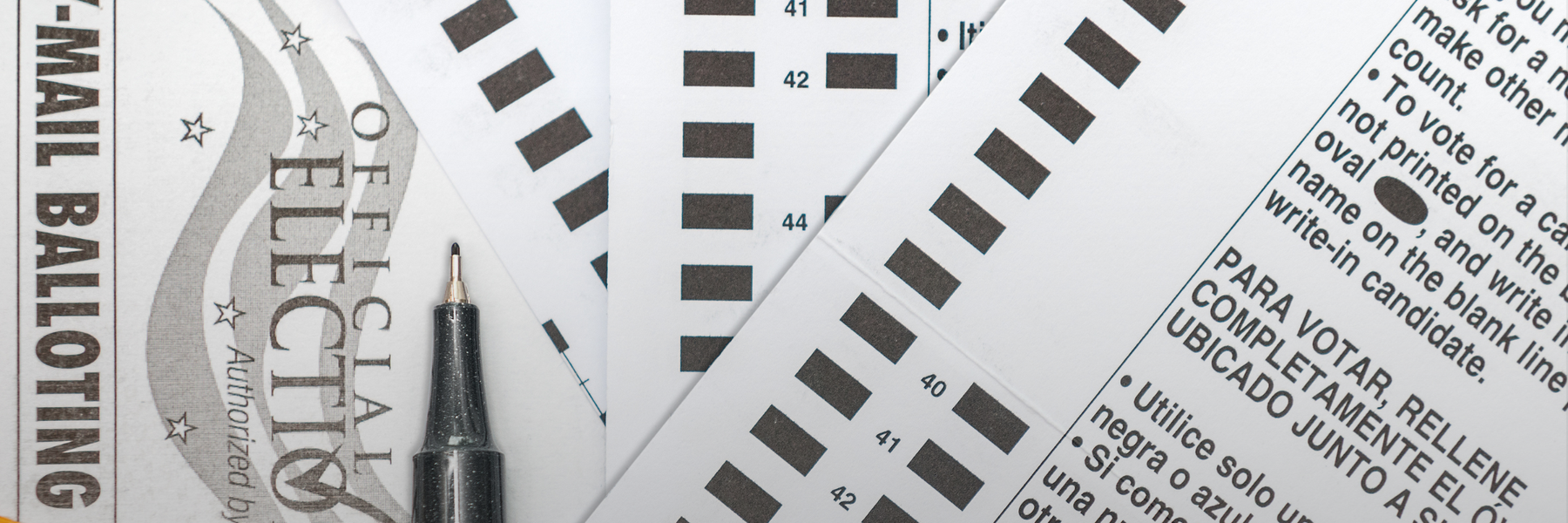The Freedom of Information Act is a powerful tool that allows any person to request access to records from any federal executive branch agency. FOIA is essential for democracy, as it enables public participation, oversight and trust in government actions and decisions. FOIA already provides certain rights to requesters, and most FOIA officers and staff are helpful and dedicated to public service.
Nevertheless, the execution of the law falls short in certain areas. Many FOIA requesters face challenges and frustrations when trying to obtain the records they seek. Agencies may delay, deny or overcharge for records, or provide incomplete or inadequate responses.
Requesters may also encounter confusion, inconsistency, or lack of communications from agency staff. Some situations frequently occur that cause tremendous frustration and obstacles to requesters, and sometimes those problems lead to needless administrative appeals and even litigation.
To help FOIA requesters overcome these obstacles and exercise their right to obtain records, I propose a FOIA Bill of Rights, solidifying the essential rights for requesters and the clear expectations that requesters should have when submitting a FOIA request.
This FOIA Bill of Rights can be used as a guide by both agencies and requesters and can be included into the FOIA guidance provided by the Department of Justice to agencies, and its provisions and protections even added to the FOIA statute.
Communication and Transparency
1) Requesters have the right to a final response letter that includes the case number, a description of the subject of the request, and the administrative appeal rights.
2) Requesters have the right to an estimated completion date for a request and its position in the processing queue upon written request.
3) Requesters have the right to know the total number of pages withheld from a partial or full denial.
Openness and Fairness
4) Requesters have the right to have all requests processed in accordance with the presumption of openness, and with the foreseeable harm test applied.
5) Requesters have the right to seek electronic searches of email without the agency requiring undue constraints.
6) Requesters have the right to release decisions that are based on actual personal examination of responsive documents rather than solely on second-hand information or speculative or hypothetical judgments.
Record Quality
7) Requesters have the right to receive records that are not locked or encumbered by file restrictions, unless a legitimate articulable reason for doing so exists.
8) Requesters have the right to get released records that are scanned with reasonable care, and with reasonable image quality under the circumstances.
9) Requesters have the right to receive digital records in the format of their choice, if the agency can produce that format without extraordinary effort.
Processing Timeliness
10) Requesters have the right to have requests that are referred or remanded processed according to the original submittal date.
11) Requesters have the right to have requested records retrieved reasonably promptly after submission, to avoid loss or destruction of records following a lengthy delay in processing.
Fees
12) Requesters are owed a good faith fee categorization and not a default categorization. Agencies should consult with the requester for clarification of the fee category, if the agency is uncertain.
13) Requesters in a noncommercial fee category have the right not to be charged for review fees.
14) Requesters have the right to a complete and detailed fee breakdown of applicable fees.
What would you like to see in a FOIA Bill of Rights? Let us know below.




